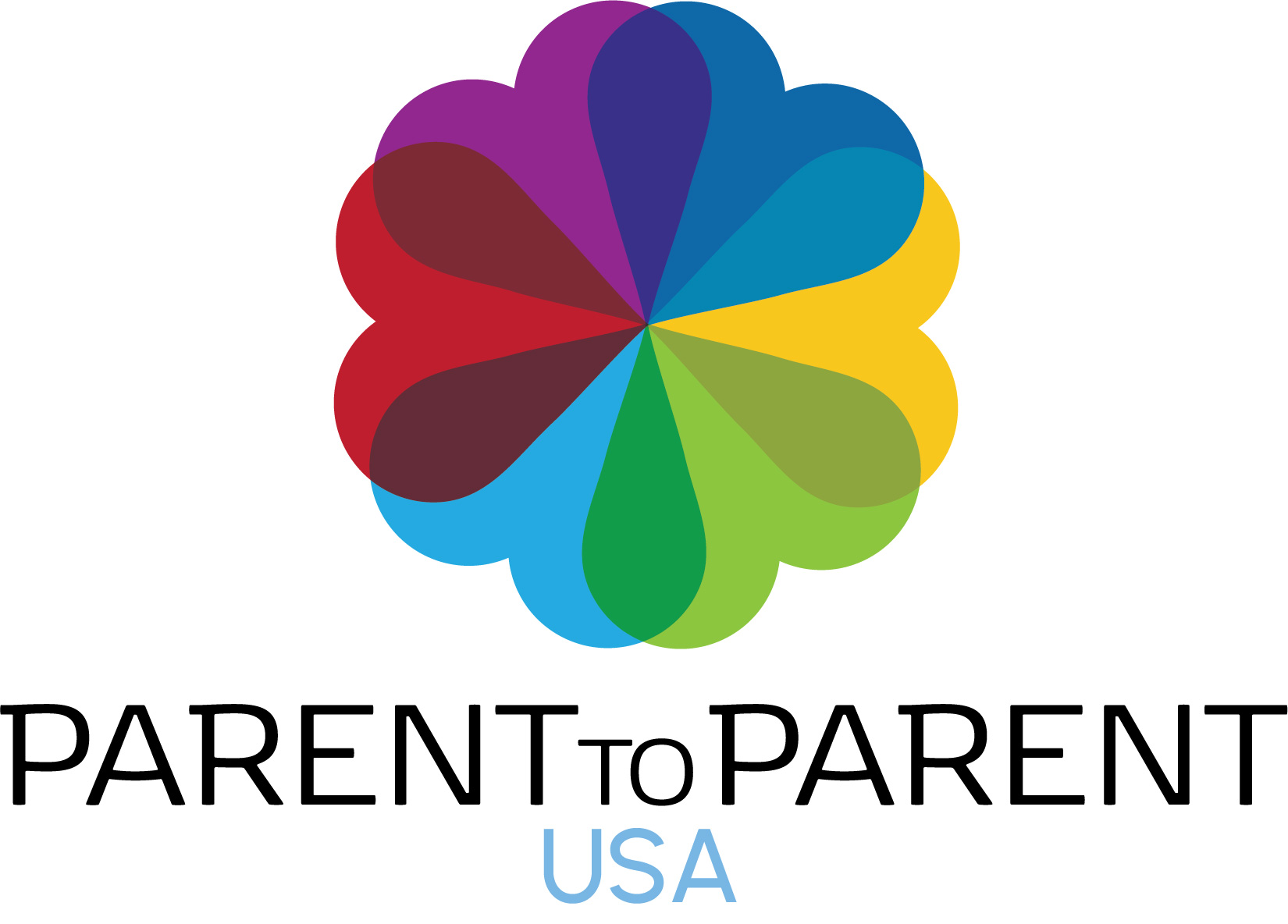At Parent to Parent USA, we recognize that fathers play an irreplaceable role in the lives of all children, including those with disabilities or special healthcare needs. These children benefit enormously from active, engaged fathers. However, fathers often face unique challenges as they adapt to their child’s needs. That’s why we have launched a new Father Engagement Task Force focused on supporting dads of kids with special needs.
The Vital Importance of Fathers
We know that supporting families holistically means thinking about fathers and male caregivers. Engaging fathers in programs and community-based organizations is beneficial to the entire family. Children with involved fathers achieve better outcomes on nearly every measure of child well-being. Father involvement is even linked with improved mental health and well-being for mothers[1].
However, many dads face barriers to involvement[2]. They may feel overwhelmed navigating complex healthcare systems and may not know how to support their child’s needs. Many also struggle emotionally with grief, stress, or reduced financial stability. That’s why tailored support is essential.
I have often felt left out of this conversation – fathers are an important piece of the puzzle.
A father in Ohio
Introducing Our Father Engagement Task Force
Led by Parent to Parent USA USA board member Lenn Boston, our new task force consists of committed fathers of children and youth with special needs. This group is tasked with developing ways for Parent to Parent programs to become more inclusive of fathers. Some initial areas we aim to address include:
- Fostering awareness and knowledge-sharing among Parent to Parent staff, volunteers, and partners;
- Creating mentorship and peer support opportunities; and
- Providing tailored resources.
Each father confronted with his child’s diagnosis responds in his own unique way, often displaying a range of emotions including lack of understanding and fear … one thing fathers need to hear is that they are not in this alone … there are other fathers facing similar issues and there are coping strategies and resources that can help.
W.C. Hoecke, South Carolina
Get Involved
If you are passionate about supporting fathers, we invite you to join us! The best way to follow our progress and be notified of our upcoming webinars is to sign up for our newsletter below.
We also welcome your thoughts and connections with any existing programs that support fathers of children and youth with disabilities or special healthcare needs. Please reach out if you know of resources or have advice to share from your own experience.
References
[1] Vilaseca R, Rivero M, Ferrer F, Bersabé RM. Parenting behaviors of mothers and fathers of young children with intellectual disability evaluated in a natural context. PLoS One. 2020 Oct 13;15(10):e0240320. doi: 10.1371/journal.pone.0240320. PMID: 33048940; PMCID: PMC7553331.
[2] Uribe-Morales BM, Cantero-Garlito PA, Cipriano-Crespo C. Fathers in the Care of Children with Disabilities: An Exploratory Qualitative Study. Healthcare (Basel). 2021 Dec 22;10(1):14. doi: 10.3390/healthcare10010014. PMID: 35052178; PMCID: PMC8775232.

